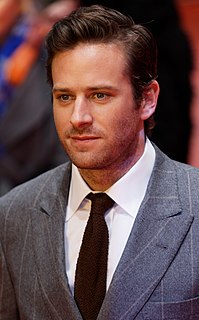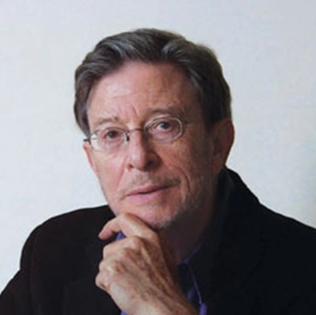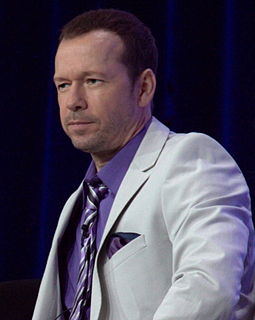A Quote by Franklin Foer
Donald Trump's interest in Russia dates back to Soviet times. In fact, there's extraordinary footage of him shaking hands with Mikhail Gorbachev. It comes from 1988, the peak of perestroika and Gorbachev's efforts to charm the American public.
Related Quotes
Gorbachev's administration was amazingly politically naïve, inexperienced and irresponsible towards the country. It was not governance but a thoughtless renunciation of power. The admiration of the West in return only strengthened his conviction that his approach was right. But let us be clear that it was Mikhail Gorbachev, and not Boris Yeltsin, as is now widely being claimed, who first gave freedom of speech and movement to the citizens of Russia.
Russia, despite its heavy flirtation with capitalism and some quite unsavory oligarchs, is still building its foreign policy on the Soviet ideals of internationalism, solidarity and logic. And even domestically, President [Vladin]Putin is slowly, step-by-step, restoring many important Soviet achievements that were torpedoed by a nitwit, and one gangster - [Mikhail] Gorbachev and [Boris] Yeltsin.
Mikhail Gorbachev's historic leadership, which transformed Russia and international relations, cannot be fully understood without the diary-memoir of Anatoly Chernyaev, one of his most important advisers and closest confidants. Splendidly translated, edited, and introduced by Robert English and Elizabeth Tucker, his Six Years with Gorbachev is now available to everyone who wants to comprehend those final momentous events of the twentieth century.
Here I was in Estonia, doing a concert for 5,000 people, and not many people know the song My Way - Gorbachev in the 80s, My Way had just become a famous song, and [Mikhail] Gorbachev in a satirical, kind of cynical manner coined the term the Sinatra Doctrine and My Way was the song because the Baltic states in the Warsaw Pact wanted to go their own way and secede from the Soviet Union, so joking he says," Yeah, we've got the Sinatra Doctrine now."
He [Mikhail Gorbachev] has, as many great leaders have, impressive eyes....There's a kind of laser-beam stare, a forced quality, you get from Gorbachev that does not come across as something peaceful within himself. It's the look of a kind of human volcano, or he'd probably like to describe it as a human nuclear energy plant.
An old Russian woman goes into Kremlin, gets an audience with Mikhail Gorbachev and says, In America anyone can go to the White House, walk up to Reagan's desk and say, 'I don't like the way you are running the country.' Gorbachev replied, You can do the same thing in the Soviet Union. You can go into the Kremlin, walk up to my desk and say 'I don't like the way Reagan is running his country.'
If we talk about changes of power in Russia, that has occurred several times in the past century. After Stalin came Khrushchev, who implemented his legacy quite radically, one could say. But there was no blood, nonetheless. After Brezhnev came Gorbachev. I'm not talking about the ones who were in power for only a short period of time. Gorbachev, too, left a very radical legacy.




































